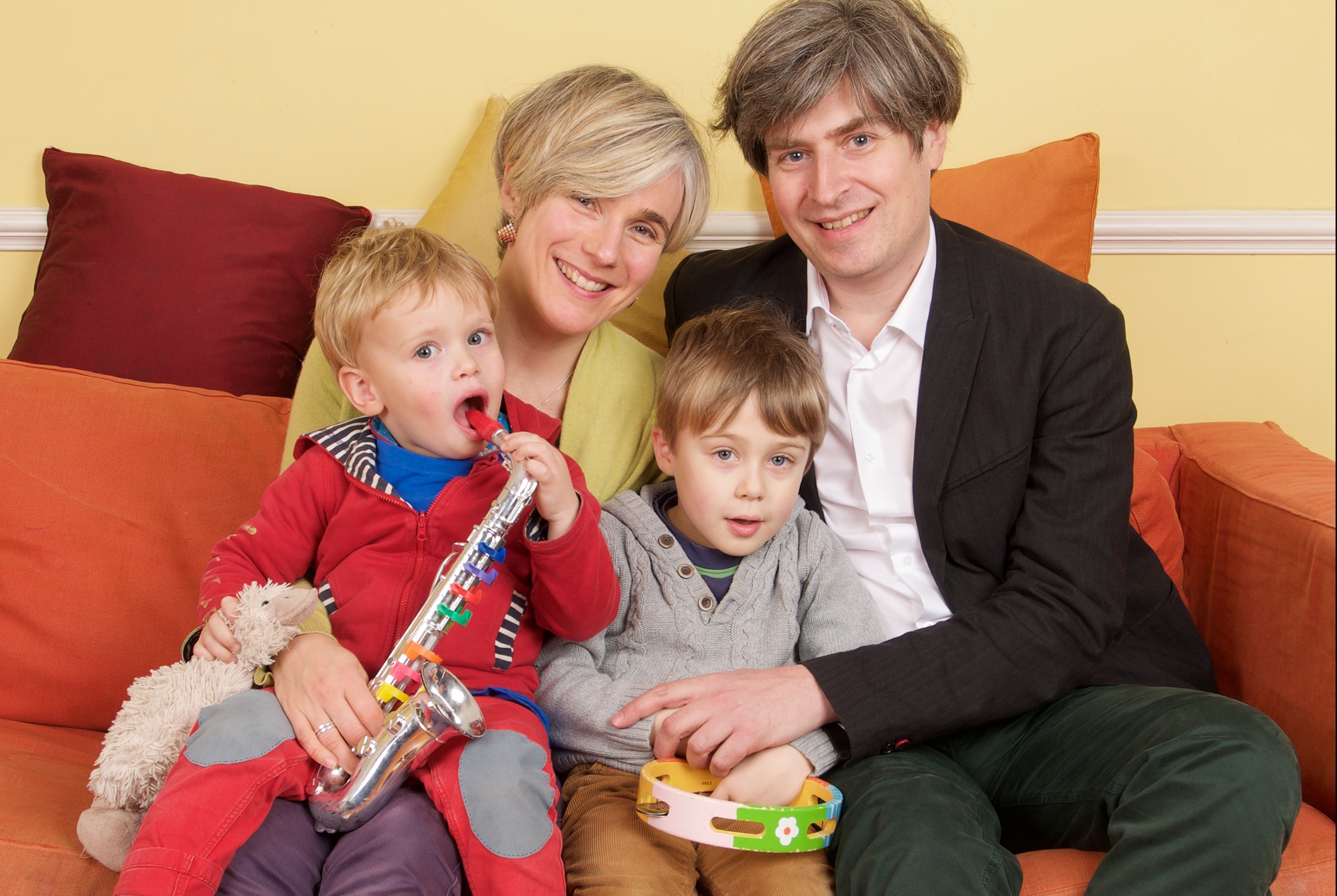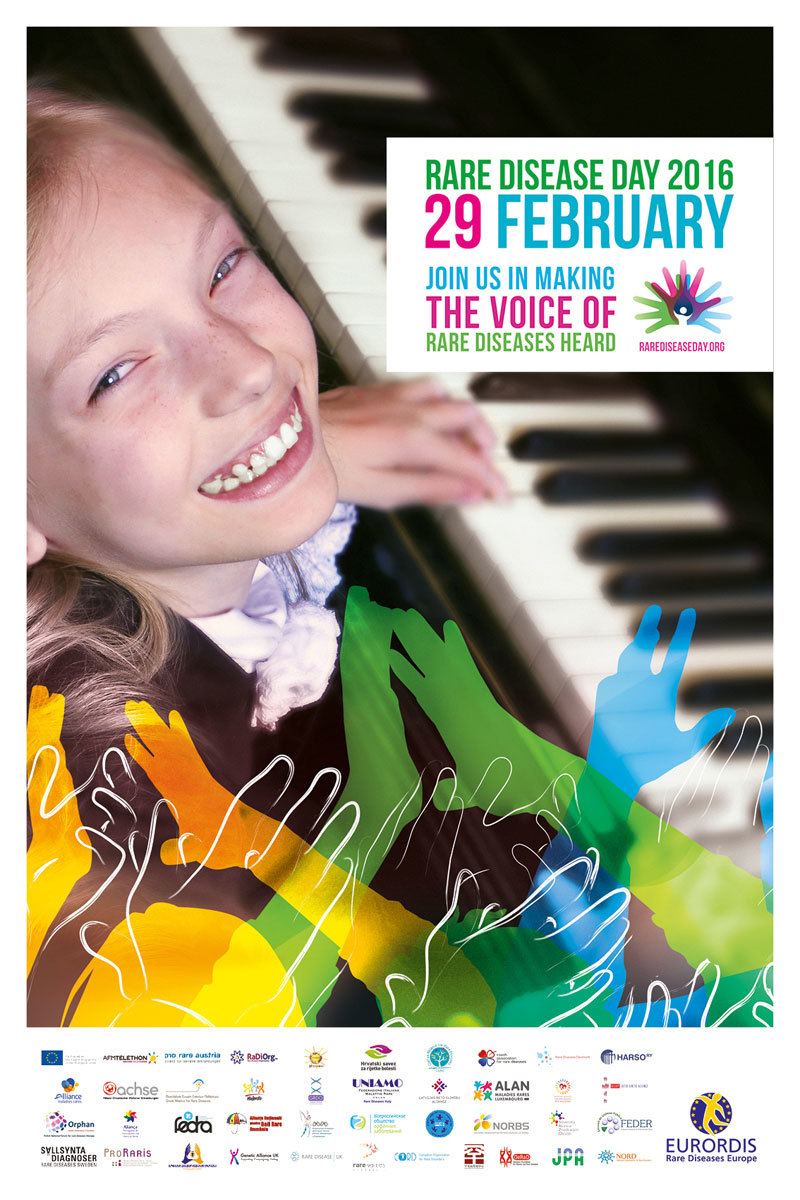
His mum Nicola is British and dad, Mathias, is Italian, so he was already bilingual, switching easily between languages.
But towards the end of his first term at his London primary school, Francesco started to become withdrawn.
And when things did not improve, his parents became concerned that the changes in Francesco might be psychological.
“He has always been a sweet-natured, cheerful child, very creative and musical,” says dad Mathias.
“But at home he started to speak to us much less and when he went back to school after the Christmas break, it was as if he could not understand the teacher’s instructions.
“At carpet time, when the other children were eagerly anticipating a story, he would look away.
“The teacher told us she thought he felt lost.
“He also stopped wanting to play with the other children, which was so unlike Francesco.
“He was not talking to us or making eye contact.
“He could still interact with his little brother, Fabrizio, who was only two at the time.
“They would bounce together on the trampoline, but it was as if Francesco was two years old again. ”
It was a very distressing time for Mathias and Nicola, especially as their son’s worrying symptoms had developed over just a few short weeks.
“We felt the loss of the Francesco we knew,” Mathias, a lecturer, says.
“His personality changed completely, it was as if he’d slipped through our hands.
“We were unsure if we would ever get him back.”
Francesco was referred to hospital and tests that included an MRI scan, blood tests and a lumbar puncture all came back normal.
However, the extremely-rare condition Landau Kleffner syndrome (LKS), which robs children of the ability to talk and understand speech, was mentioned during initial checks.
Eventually, Francesco was referred to Great Ormond Street Hospital and, after a 24-hour EEG test which measures electrical activity in the brain, LKS was diagnosed.
Mathias admits: “We were so worried about what this diagnosis would mean for Francesco, both throughout his childhood and for his future.”
Steroids, the standard treatment for LKS, were prescribed and Francesco, now five, takes tablets twice a week.
“The pills are extremely bitter and he has to take calcium and vitamin D, too, to counteract the effects of the steroids,” adds Mathias.
“He is very pale for the whole day afterwards — but he just gets on with it.”
“We just do not know what the future might hold for our little boy, but we are seeing signs of recovery.
“Francesco is making more eye contact and is learning to speak again, which is wonderful.”
But, previously bilingual, Francesco is now speaking only in English.
“Being able to talk with my son in my mother tongue was a profound pleasure for me, so the loss of this language is painful,” Mathias says.
With their son’s future in mind, Mathias and music therapist Nicola took the decision to move Francesco from his mainstream primary school to the Blanche Nevile School for deaf children in North London, so that he could learn British Sign Language.
“Francesco is ‘functionally deaf’ because his brain does not process sounds in the right way,” Mathias explains.
“Sign language offers him another way to communicate.”
This is important, because it may be necessary for Francesco to take a break from steroids, which can affect children’s growth, so the LKS symptoms could recur.
“He has become much more anxious and tentative following the trauma of the sudden loss of his communication skills,” Mathias says.
“He won’t talk to children he doesn’t know but at home, we do all we can to boost his confidence.
“His school helps because the other children also have communication difficulties.”
Music has remained an important and nourishing part of Francesco’s life.
“Even when he was at his most unwell, he would take a pencil and use it like a baton,” Mathias recalls.
“Weekly music therapy sessions have a calming effect and, now that he is starting to talk again, Francesco says he wants to play the tuba and the cello.
“We hope that his love of music will help him express his natural sociability in the future.”
Rare Disease Day is on February 29, when hundreds of organisations from around the world hold awareness-raising activities.
For more information visit www.rarediseaseday.org
Action Medical Research fund medical research to beat the diseases that devastate the lives of so many children — for more information visit www.action.org.uk/rare
READ MORE
Stem cell treatment could be the cure for two-year-old’s cancer

Enjoy the convenience of having The Sunday Post delivered as a digital ePaper straight to your smartphone, tablet or computer.
Subscribe for only £5.49 a month and enjoy all the benefits of the printed paper as a digital replica.
Subscribe